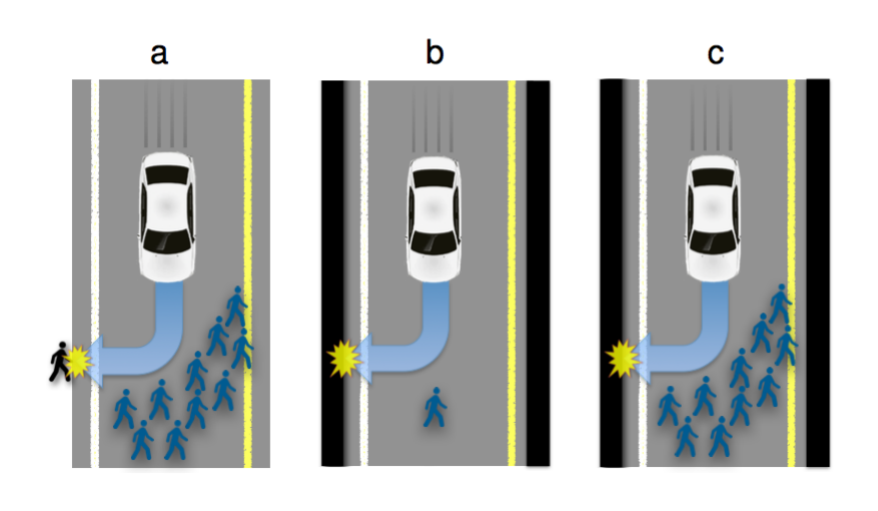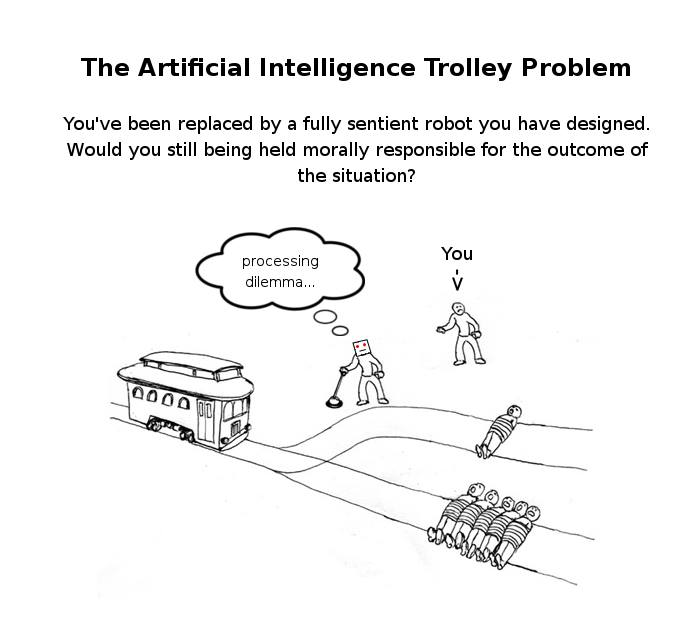Recently, a friend of mine posted this article, which talks about a study where the experimenters measured how participants felt about themselves after hearing that their partner either did very well or very poorly on a test.
Interestingly, the male participants[1] felt better about themselves when they were told[2] that their partners did poorly, and worse about themselves when they were told that their partners did well[3].
Perhaps more interestingly, this only happened when measuring ‘Implicit self-esteem[4]’, but was absent (or much less pronounced) when measuring ‘Explicit self-esteem[5]’.
So, what does this mean? Many or most of us are feeling something subconsciously. Unfortunately, this can be difficult to detect, as the expression can vary widely from person to person and event to event. In the article, the author described one example thus:
“Not long ago a friend’s first book was published, so when I arrived at her home for a visit I eagerly voiced my enthusiasm and congratulations for her accomplishment. Moments into the interaction, her husband strode across the living room to a bookcase and returned with a copy of a book he authored 15 years ago.”
I remember acting like this once[6], and ascribing it to “trying to take away someone else’s success”, or “trying to take their success for your own[7]”. I compensated for it by explicitly giving praise and support whenever someone told me something they were proud of[8].
More recently, I talk with pride about the accomplishments of my partner[9].
Similar things could also manifest as ‘waiting to talk’ rather than ‘listening’, a calling out I remember vividly from early on in my efforts to learn how to communicate.
So, if this is a subconscious feeling, what exactly is it that you’re feeling? Some kind of threat, but what kind of threat? Some kind of threat to yourself? Some kind of threat to how you see yourself or your place in the world? Why does your subconscious think it’s bad for someone else to succeed[10]?
Why does your subconscious see this as a zero-sum game? What are you afraid of? What is the training that you took in as you were growing up that motivated you to think/act this way?
Knowing that, how can you deal with it? You could start by imagining how your partner being successful would help the both of you. As Belgarion said[11], when you notice yourself reacting to something more strongly than you might expect, you can pause, delve into that emotion, try to understand it, and think about it.
Outwardly, you can try listening and praise. Figure out what the person is proud of, why they’re proud of it, and try to find something along that axis to compliment them on. Usually, when your partner is telling you something, it’s like a bird bringing a present back to the nest for their partner. It’s important to acknowledge them and their gift[12]. There will be more than enough time for you to talk about the things you’re proud of, to talk about how you feel. Let them have this moment.
So, how do you react when your partner succeeds? Do you have coping mechanisms for dealing with subconscious issues like this? Share them in the comments below!
[1]”The mean age of participants was 18.9 years (SD 1.52). The average relationship length was 10 months and did not moderate any study results.” All hetero- couples, presumably of college-going demographics.
[2]Interestingly: “Extensive debriefing revealed that all but two participants
believed the feedback. Data from those two participants were
dropped from analysis.”
[3]The effect was opposite, but not statistically significant for female participants.
[4]”The self-esteem IAT assesses associations among two concept categories (self and other) and two evaluative attributes (good and bad) by requiring that participants categorize stimulus items representing the four categories as quickly as possible using two keys of a computer keyboard.”
[5]”Global explicit self-esteem was measured using the Rosenberg (1965) Self-Esteem Scale (RSE). The RSE consists of 10 statements related to overall feelings of self-worth. The items were answered on a 4-point scale ranging from (1) Strongly Disagree to (4) Strongly Agree (Cronbach’s alpha = .77).”
[6]’once’ as ‘in the past’, not ‘one time’. 🙂 It would undoubtedly have taken me multiple occurrences to have noticed the pattern, and likely multiple calling-outs.
[7]’Trying to take their success for your own’ is a separate issue, with its own long and terrible history.
[8]This was actually quite difficult for me at first, as I had to learn it by rote, as my parents found this difficult to do for me as I was growing up.
[9]This may or may not be related. I like telling stories about how cool she is, and cool things she’s done or is doing make for good stories.
[10]There’s a long literature on this topic, probably the most explicit is Wired’s article on how male computer game players who are losing the game are more likely to harass women.
[11]I can’t find the exact quote, but basically, he discovered something about himself that he didn’t like, and he had to take it out, look at it, and think about it for a while. (I think it was him. It was in something by David and Leigh Eddings.)
[12]This is from ‘Blink‘s discussion of successful couples.

